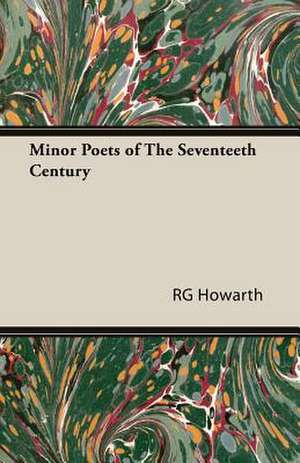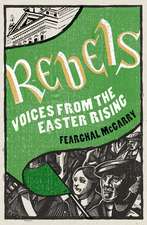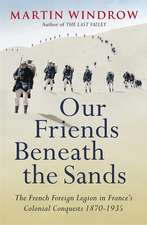Minor Poets of the Seventeeth Century: Deductive and Inductive
Autor RG Howarthen Limba Engleză Paperback – 11 noi 2006
Preț: 246.38 lei
Nou
Puncte Express: 370
Preț estimativ în valută:
47.15€ • 51.20$ • 39.61£
47.15€ • 51.20$ • 39.61£
Carte tipărită la comandă
Livrare economică 19-25 aprilie
Preluare comenzi: 021 569.72.76
Specificații
ISBN-13: 9781406732474
ISBN-10: 1406732478
Pagini: 416
Dimensiuni: 140 x 216 x 24 mm
Greutate: 0.53 kg
Editura: Hesperides Press
Locul publicării:United Kingdom
ISBN-10: 1406732478
Pagini: 416
Dimensiuni: 140 x 216 x 24 mm
Greutate: 0.53 kg
Editura: Hesperides Press
Locul publicării:United Kingdom








